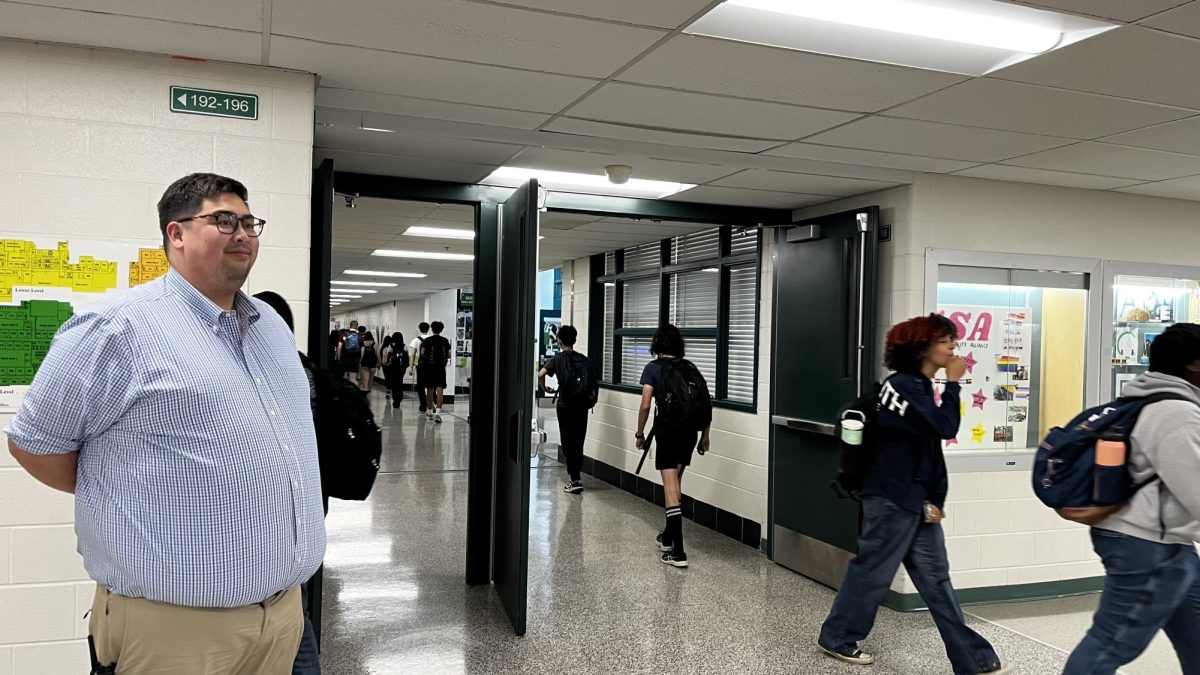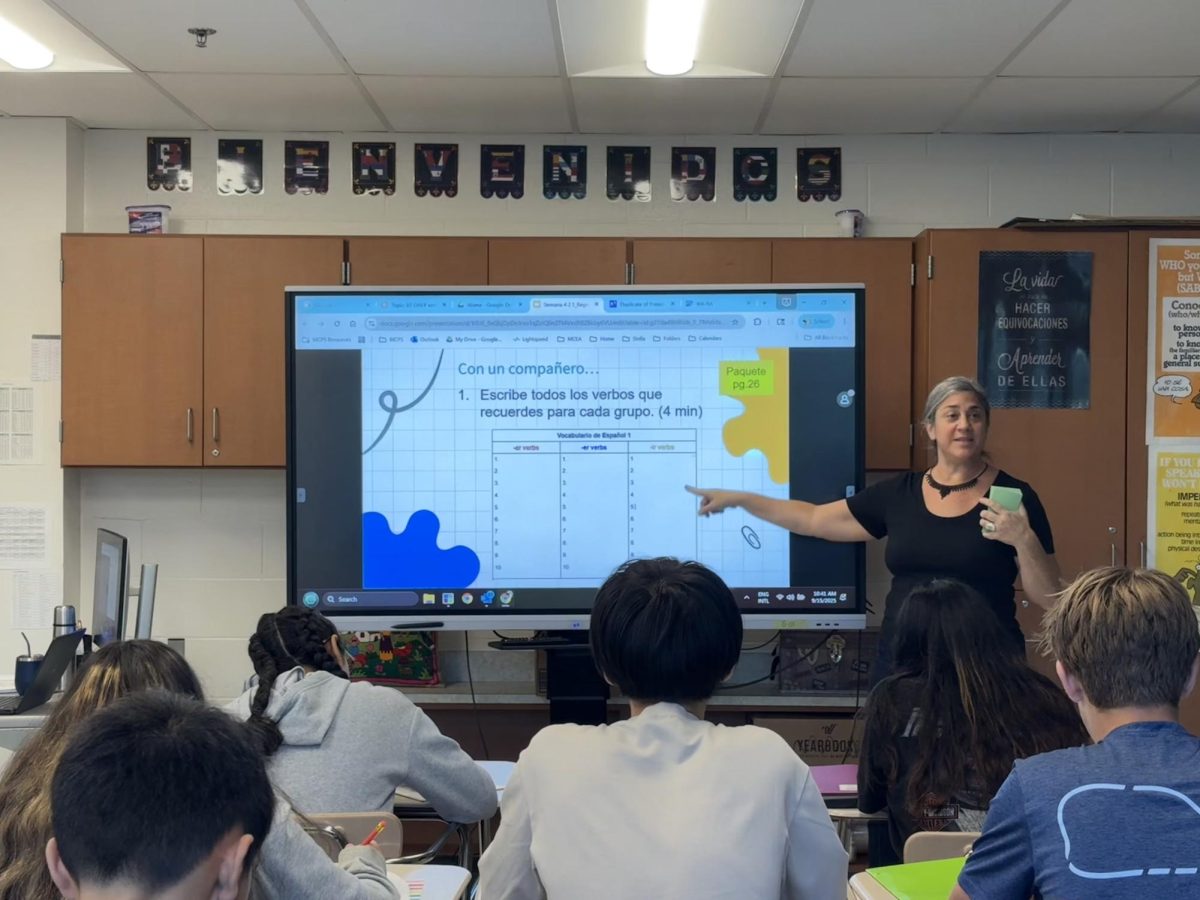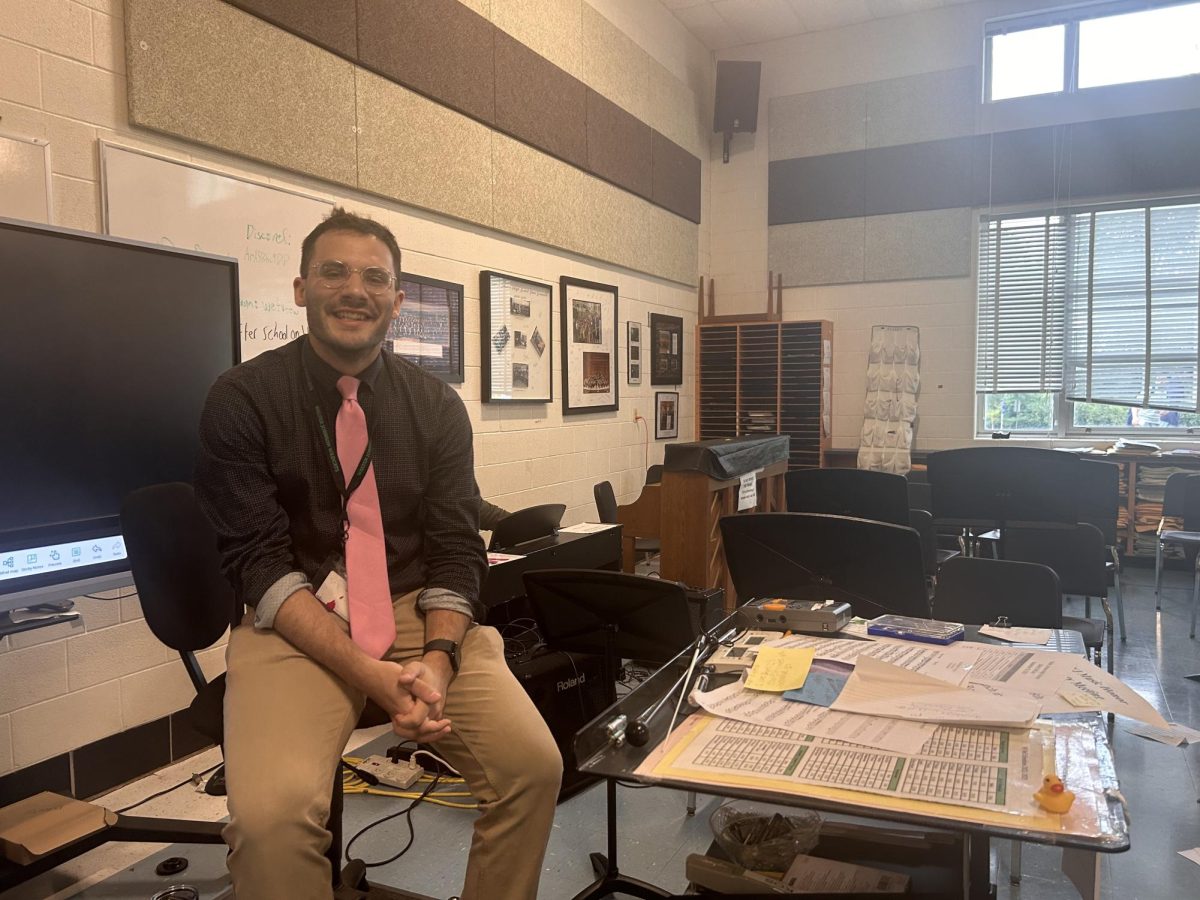Although WJ has many academic teams and clubs, there is none like Science Olympiad. Led by their president, senior Christina Chen, Science Olympiad is a competitive team and club. Across the nation, there are many Science Olympiad teams that compete for the national title. Before doing so, they must first win their respective state’s qualifier competition. Coming off a second place finish to Centennial High School in the regional tournament, WJ Science Olympiad is aiming toward the state competition, which takes place on March 31 at Johns Hopkins University.
According to vice president senior Xiangxi Gao there are 23 different events in which students compete. These events change each year to reflect the “ever-changing nature of science.”
Gao typically participates in four or five events. This year, he is participating in Anatomy & Physiology, Microbiology and Helicopters, to name a few. Some events are purely study events, where students study and then take a written test during the tournament. But others, such as Helicopters, are building events, which must be constructed and tested beforehand. There are also lab events, where students conduct experiments. Most students work in pairs for their respective events.
While students can take a class in some of these sciences, such as chemistry or anatomy, Gao says that the county’s curriculum and the information utilized in competition differs.
“At the Science Olympiad competition, you need to know beyond what’s in [the] textbook,” he said.
Some events, such as Anatomy, go above the science curriculum offered in high school. But others, such as chemistry related events, are at the AP Chemistry level, which is a course offered at WJ.
Although members of the team do sometimes meet during lunch or after school to work, the majority of studying and preparation is done at home. According to junior officer Gustavo Pacheco, he spends around 15 to 20 hours a week on Science Olympiad work alone. Gao also spends a significant amount of time on Science Olympiad related activities.
“I want to say [I spend] 24/7 because I’m always thinking about competition,” Gao said. “Usually when I have free time, [I spend it on] Science Olympiad.”
Gao joined Science Olympiad during his sophomore year at WJ. For him, the club was a way to get to know people, as he had not attended WJ during his freshman year. He approximates that he spends 12 to 15 hours a week studying and working, adds that the success of the individual in that event relies on the amount of work they put in.
“We make study materials such as notes [and] flashcards, and [we] share books sometimes, but most of the time it’s just up to the individual to put in the time and effort to study,” he said.
While the Science Olympiad organization has been around for 28 years nationally, WJ’s team has only existed for five years. It was started by two students, Re-i Chin and Tom Mou, neither of whom were originally from Maryland. In fact, they were from Georgia and Wisconsin, two states in which Science Olympiad is very popular. The students met at WJ and formed the club.
Now, in its short existence, the WJ team has the been the state champion for three years (2008, 2009 and 2011). They have also gone on to represent the state of Maryland in the national championships. Last year, WJ finished in 26th place at nationals, the highest rank ever achieved by a Maryland school.
Now, with around 35 active members, WJ Science Olympiad is looking toward this year’s state championship. The team as a whole will then be split into different sub-teams. The A-team, which is the team that typically competes, is composed of around 15 people.
“People on the A-team are usually veterans who have been on the team for about a year or two years,” said Gao. “We try to bring the best that we can [to competitions].”
Pacheco is hoping that the team continues its winning streak at the state level. If WJ wins first place at states, they will advance to nationals. Although some states allow more than one team to go to the national championships, Maryland only sends one team. Nationals will be held in May, in Florida. In the meantime, Pacheco has high expectations for himself and the team.
“Personally, I expect to do very well in my events,” he said. “I hope to bring some medals, and so I hope that all of us do very well.”
Chen, who has been apart of Science Olympiad since her sophomore year, has seen the various WJ Science Olympiad teams evolve over the years. She says that the team has gained more experience and maturity.
“I can safely say that we’re not such a green team anymore,” she said.
Chen is confident that the team will succeed come the state competition.
“We plan on winning [states] and going to nationals in Florida,” she said. “I believe in my team. I think we’re good enough to win.”
As a senior, these last few tournaments will be her last. But Chen reflects positively on her experiences with Science Olympaid.
“It’s made a pretty big impact on my high school years,” she said. “I’ve had to devote a lot of time to studying and organizing, but everything’s been great and I have absolutely no regrets about joining this club.”















